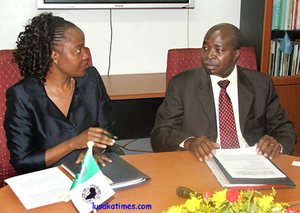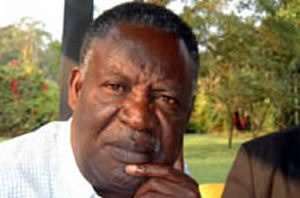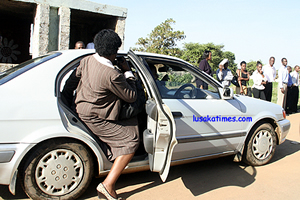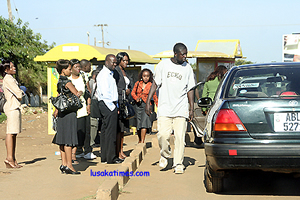Funding for construction of Kafue Gorge Lower Power Project will not be ready until the end of 2009.
The International Finance Corporation, a member of the World Bank group, says the delay has been caused by a change of the project site and the global financial crisis.
IFC Vice President, Lars Thunell says the project site has been moved to another point where an access road has to be constructed before the geo-technical studies can start sometime in March next year.
Mr. Thunell said this Tuesday in the Zambian capital, Lusaka shortly before departure from the International Airport.
He said IFC will however have to approach all financiers for the project to establish their interest in view of the global financial crisis.
And IFC Manager Southern Africa Saleem Karimjee said the project site has been moved to another point where it will be less costly to construct the 750 megawatt power station.
The feasibility study to cost $6 million was supposed to start this year while actual construction is slated to start either in the year 2011 or 2012.
Construction of the Kafue Gorge Lower is expected to cost $1 billion.
The IFC is the project adviser for the Zambian Government.
ZNBC





